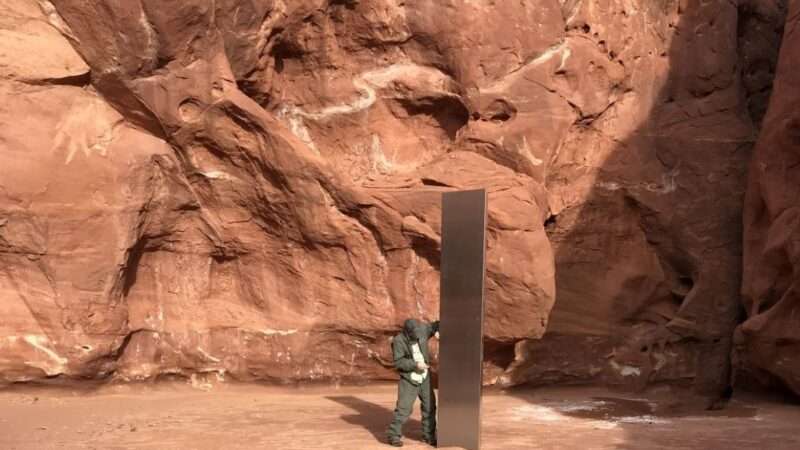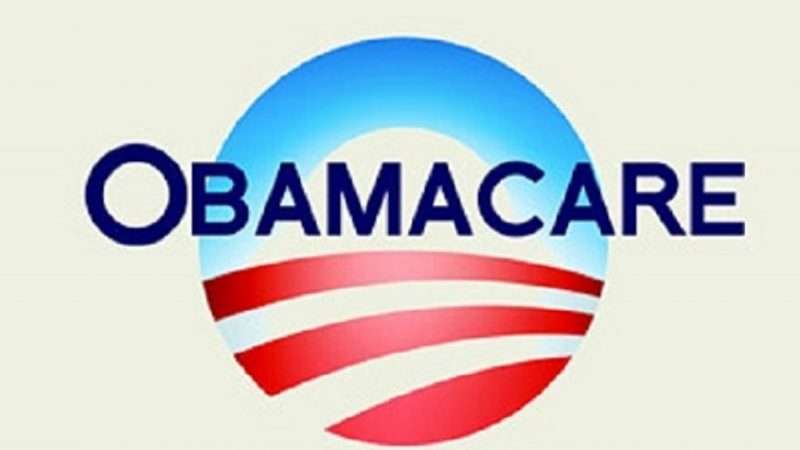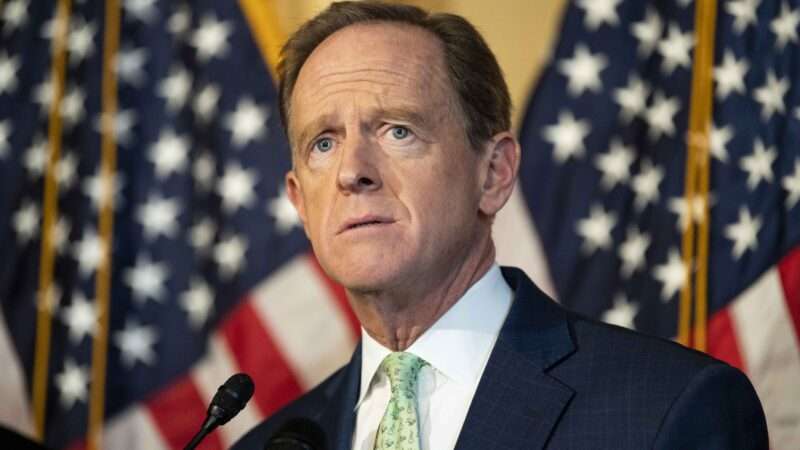The University of Maryland School of Public Policy School is apparently about to require faculty members to add a statement to their syllabus; here’s the cover e-mail, which I got from a source that appears to me reliable. (I tried to check with the e-mail’s official sender and with the school’s media relations people to confirm its authenticity, and haven’t heard back from them.)
Dear faculty,
As you know from previous emails and communications, the School of Public Policy has committed to creating a syllabus statement with regard to Diversity, Inclusion and Belonging.
The committee working on AR Action 6 has been developing this syllabus statement, which will be mandatory for all syllabi starting in Spring 2021. We have worked with the DIB committee and the Faculty Diversity committee for input and we now seek input from the faculty as a whole. You can view the final draft here.
Please let us know if you have any comments or feedback by Friday December 4th.
AR Action 6, one of “SPP’s Nine Antiracist Actions” provides,
The team has drafted, and circulated for feedback, a mandatory diversity and inclusion syllabi statement to be implemented in Spring 2021. We are also in the process of reviewing syllabi within the school with regard to diverse content. Additionally, the team is in the process of creating a database of ideas and resources such as readings, cases, speakers, data sets etc. to assist faculty in improving anti-racism and DIB course content.
And here’s what appears to be the final draft of the required syllabus materials, to be set forth in the professor’s voice (“my” and “we,” rather than just “The official policy of the school is …”):
Diversity Inclusion and Belonging in the School of Public Policy
Commitment to an Inclusive Classroom
It is my intent, as well as the stated policy of the School, that students from all backgrounds and perspectives will be well-served by this course. The diversity the students bring to this class will be seen and treated as a resource, strength and benefit. Materials, discussions, and activities will respect all forms of diversity. All students are expected to promote this aim through their words, actions, and suggestions. If something is said or done in this course, either by myself, students, or guests, that is troubling or causes offense, please let me know right away. The impact of what happens in this course is important and deserving of attention. If you ever do not feel comfortable discussing the issue directly with me, I encourage you to bring the issue to an advisor, administrator or the School of Public Policy Equity Officer.
Pronouns and Self Identification
We invite you, if you wish, to tell us how you want to be referred to, both in terms of your name and your pronouns (she/her, he/him, they/them, etc.). The pronouns someone indicates are not necessarily indicative of their gender identity. Visit trans.umd.edu to learn more.
Land Acknowledgement
We acknowledge that we are gathered on the stolen land of the Piscataway Conoy people and were founded upon the erasures and exploitation of many non-European peoples. You can find more information about the Piscataway Conoy Tribe at https://ift.tt/397TSky. For more information about the University of Maryland’s project for a richer understanding of generations of racialized trauma rooted in the institution visit https://go.umd.edu/SNW.
Suggested placements: We suggest this statement should be placed just prior to or after the learning outcomes in the syllabus as well as prominent within your ELMS site. Faculty should vocally review these statements within class as well.
Conspicuously omitted, of course, is any acknowledgement of faculty or student academic freedom. What if a faculty member doesn’t endorse the land acknowledgment statement, perhaps because he takes the view that conquest of land and the displacement of peoples is the norm in human history (might the Piscataway Conoy have “stolen” land from others who lived there before?), and not something that he thinks merits particular condemnation or explicit attention? Or what if he’s skeptical of claims of “generations of racialized trauma rooted in the institution”? The school may have its own view of the matter, but one principle of academic freedom is that faculty need not endorse all the views that the school endorses, and cannot be compelled to publicly make such an endorsement.
Now presumably the first paragraph, by committing to “respect all forms of diversity,” commits itself to respecting diversity of opinions (religious or secular) as well—though apparently not diversity of views on “land acknowledgement.” But how exactly can an honest faculty member commit to having all class materials respect all forms of diversity, given that many important source materials may well express views that sharply condemn various groups (political, religious, and otherwise)? And what about students that want to express views condemning, rather than respecting, various belief systems (Marxism, libertarianism, jihadist Islam, conservative evangelical Christianity, traditionalist Catholicism, scientific atheism, etc.)?
Students and faculty are apparently expected to avoid doing or saying anything “that is troubling or causes offense.” After all, others are invited to “let [the professor] know right away,” and perhaps inform “the School of Public Policy Equity Officer,” when such “troubling” or “offens[ive]” things are said; such reporting policies usually apply to things that an institution condemns, not things that it views as neutral and permissible.
But how can one have an honest discussion about “Ethics and Moral Issues in Public Policy” (to give the subtitle of one course) without someone expressing views that are “troubling or cause offense,” or that suggest a lack of “respect [for] all forms of diversity”)? Or how about “Contemporary Issues Under the Rule of Law”:
“Fake news” and freedom of the press, money in electoral politics, voter photo ID laws and political gerrymandering, continued racial segregation in public schools, privacy on the street and in school, holding public officials accountable for egregious constitutional violations, and unequal justice for the poor are all thorny issues of public policy that have found their way into American courts. This course examines these and other current issues presented to the courts in a format where students evaluate and opine on the competing legal and policy arguments in class and in papers as if they were the empowered judicial authority. The course also provides a broad overview of the ways American courts function as well as an opportunity to visit with a federal judge, hear the experiences of former jurors, and possibly visit a landlord-tenant court in action.
How does one candidly and thoroughly “opine on the competing legal and policy arguments” about, for instance, “continued racial segregation in public schools”—or even “‘fake news’ and freedom of the press”—without the possibility of saying things that are “troubling or cause[] offense,” or even that fail to “respect all forms of diversity”? (What if one thinks that continued underrepresentation of some racial groups, and overrepresentation of other racial groups, in certain academically selective programs stems from different cultural norms among various racial groups?) This list could go on, but I think these examples make the problem pretty clear.
Note that I’m not opining here on the pronoun question; knowing how a student prefers to be addressed and referred to is actually useful to professors. If the policy requires the professor to refer to a student using the student’s preferred pronoun, that’s a more difficult question; I think there might be some reasonable latitude for universities to control how their faculty address students personally, and perhaps even how faculty talk about particular students, though I think the matter is complicated. But here I’m focusing on the compelled express ideological statement—the one about the Indian land—as well as the rules for how professors and students are to talk about the substantive issues in the class.
from Latest – Reason.com https://ift.tt/39bQ4Ph
via IFTTT





